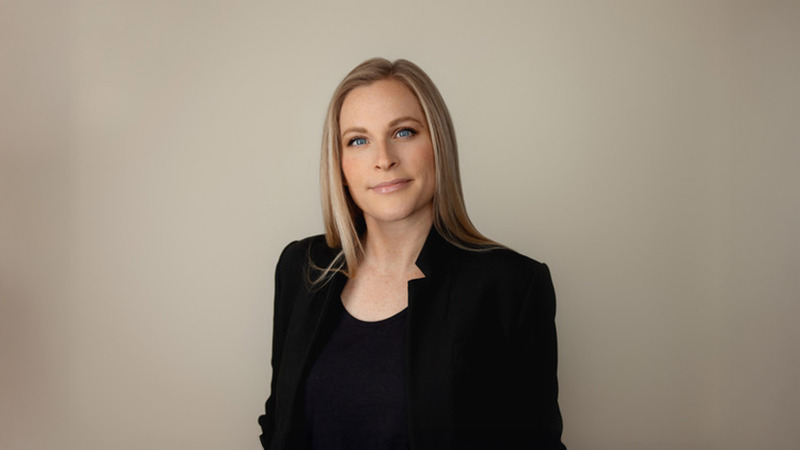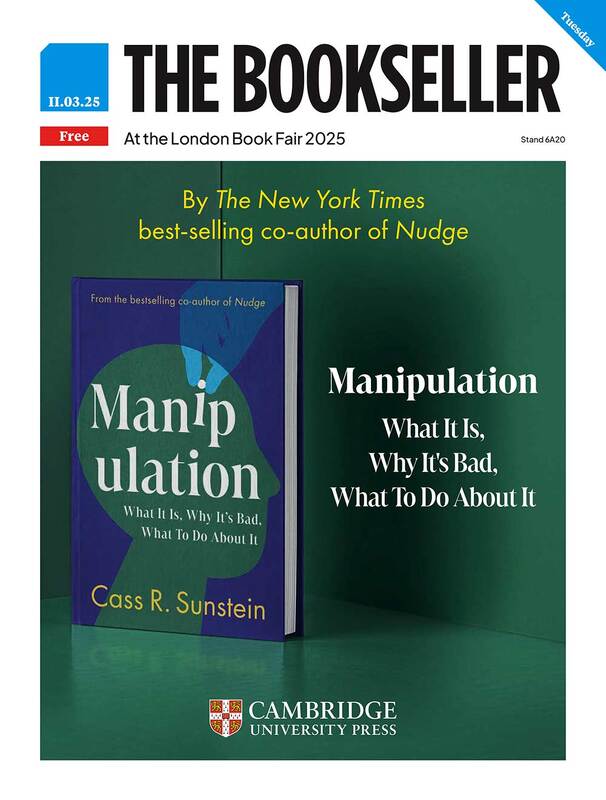You are viewing your 1 free article this month. Login to read more articles.
Academic lists likely to be hardest hit by pandemic, new report finds
A report by consultancy Maverick Publishing Specialists says academic presses will be hit hard by falls in university revenue, while trade firms also face challenges in moving to a more agile, digital business model. Among its recommendations, the report calls for trade associations to lead on co-ordinating cross-industry working groups, something which could be of particular benefit to smaller presses.
The research was carried out by Maverick in May and June, supported by the Association of Learned & Professional Society Publishers (ALPSP) and the Publishers Association. It included 18 interviews with industry leaders and a survey of firms. Those interviewed did so anonymously, but Maverick said they ranged from small presses to larger enterprises across the trade and academic spectrum.
The Impact of Covid-19 on the UK Publishing Industry concluded that all publishers faced uncertainty over what the financial fallout of the crisis will be and whether customer behaviour will be changed long term. However, the concerns were particularly acute for educational and academic publishers, where “unprecedented economic fallout for universities”, with some institutions facing revenue falls of over 75%, will have a direct effect on procurement and expenditure.
One academic publisher warned: “If international and postgraduate students defer placements, as is strongly anticipated, then revenue will disappear and this will have a massive impact on educational publishers as universities will either stop buying or try to negotiate discounts that are not sustainable by publishers.”
The crisis will change how universities receive and pay for content and is likely to accelerate the transition from print to digital, the report concludes, as universities will need to cut costs significantly and will pass this on to their supply chain. With 40% of academic and educational publishers interviewed having either offered customers digital content free of charge or at a reduced rate for a specified period of time, there will also be an effect on pricing, the report says, while the inability of sales reps to visit customers will impact the back-to-university period too. For many, the real economic fallout will only be known after universities reopen in September.
“Reality check”
Maverick associate and report co-author Jeremy Brinton said: “For academic and educational publishers, their situation has obviously been compounded, with many universities closing. The impact of student enrolment and deferment is going to have an effect. We’ve seen already a major impact on budget, talking to academic and scholarly publishers, particularly presses that are really governed by funding from universities. A few that we spoke to are possibly less affected because they’re self-governed and self-financed. For the others, the way the funding process works, it’s going to impact on budget.”
Brinton added: “I think they are in a more difficult place more generally than the trade publishers, who still have demand for that content. But for all publishers we spoke to, their revenues were down and they were micro-managing their budgets almost on a weekly basis.”
According to the research, coronavirus has exacerbated existing industry challenges, including transitioning to digital and removing supply chain barriers. Most publishers said they will have to “evolve” their digital roadmaps beyond offering e-books, an area where academic and educational publishers’ progress was more advanced than trade houses.
The report said Covid had been a “substantive reality check”, exposing areas where publishing has been slow to evolve, stating: “What the pandemic highlights is that existing barriers to progression need to be broken down and quickly; streaming services have boomed during the pandemic and consumers are forever looking for discoverable and accessible content.” It also found that “50% of publishers have found their models and product plans to be standing up well, while others have found that a move to digital is a strategy they need to define better and quickly move towards. Customers have more choice... than ever before, much of it from Open Access resources and other free sources. As the market becomes more saturated, competition for publishers increases.
In addition, the purchasing power of customers is stronger than before the pandemic, and this really does become a pivot point where publishers need to define and execute their strategies far more effectively in order to meet the changing demands of their customers.”
Publishers told Maverick vital changes include having more robust IT infrastructures and a swifter adoption of their digital strategies. As one person told the consultancy: “We need to be quicker to get digital products to market. Our production and marketing processes require a lot of change in order for us to be nimbler and respond more quickly to customer demands. Publishing cycles are long and difficult to pivot—that has to change.”
The report suggests a culture change might see publishers cast themselves more as “creators of content and firms should use the current period to engage more closely with their customers to obtain data that might help them transition and evolve their digital strategies.... Now is the time to innovate and diversify,” it says. “Those publishers who do adapt could well use this period of time as an opportunity to grow and strengthen their business.”
On other issues, the majority of publishers said there was a need to re-think office space as the move to home working had worked well for the most part, though there were reports of decreased productivity and declines in staff wellbeing.
Brinton said the idea of repurposing office space, much of which was currently lying empty, had been a common theme. He said: “The wonderful thing about the publishing industry is its resilience. A lot of [its] freelances work from home, a lot of publishers have already put in place some measure of flexible working. I think it’s very well positioned as an industry to benefit from that.”
Publishers told Maverick they saw an initial drop-off in sales at the start of lockdown, partly due to supply chain challenges. But things improved as time went on, particularly for trade publishers, who saw sales spikes and year-on-year increases. Publishers with a largely digital product range saw an increase in sales, though for almost all firms, digital sales did not make up the shortfall from lost print revenues.
Some firms could see revenue gaps of up to 35% this year, leading to tightening of budgets and potentially impacting staffing. Companies spoke of concerns that they may have to make redundancies once the government’s furlough scheme comes to an end, although the report noted it was “not a certainty by any means”. More pessimistically, some viewed furloughed positions as “redundancy in waiting”. Brinton said trade publishers appeared more optimistic about turning things around and keeping staff than their academic peers.
“Working together”
The report’s main recommendation is for trade associations to form working groups where publishers can share experiences and challenges that they are facing, and present action plans. That would include: reviewing and responding to the impact of changes in university models; looking at supply chain constraints and Amazon deprioritising books during the peak of lockdown; ways to support staff; and raising awareness of how to accelerate digital transformation.
Brinton said: “Trade associations can come together in various sectors. They can get involved with issues around pricing models, disaster recovery planning, learning and development, returning to work, and building a business community around the issues that emerged in this report. So I think they have a role to play. I think that’s why ALPSP and the PA were so supportive. They wanted to know how the pandemic had impacted their members, and I think they’re in a very great place within the industry to help.”
Also suggested are support for business recovery planning, plans to ensure staff have the right skills for digital transition, a review of supply chains and logistics, and systems architecture reviews to ensure publishers move away from ageing systems and possess the right tools to do their jobs.
The report concludes: “What is clear (during the course of the research) is that the UK publishing industry uniting and working together can only be a good thing. If the one thing to result from this research is that trade associations in the UK join forces to manage working groups, bringing publishers together to collectively solve industry problems, then it will have been worth the time and effort. Any other recommendations and actions that are progressed will be a bonus.”
Wayne Sime, c.e.o. of ALPSP, said: “ALPSP was pleased to support this research from its inception. The impact of Covid-19 has been unprecedented, and the need for our members to respond both rapidly and effectively to the pandemic required them to quickly adapt their business models to continue delivering quality content. This report captures the UK publishing industry’s initial reactions to the impact of the virus, and is intended to assist individual publishers by refining their short to medium-term strategies.”
Stephen Lotinga, c.e.o. of the PA, said: “We welcome this report which highlights the challenges faced by publishers in light of the coronavirus pandemic.
“We at the Publishers Association are in ongoing discussions with our members, and relevant government departments, about the best way to support the industry’s recovery. Key to our recovery will be ensuring a fair market for books, including supporting bookshops which are vital to the UK’s varied retail landscape, avoiding a no deal Brexit and securing funding for schools and universities to invest in educational resources.”















